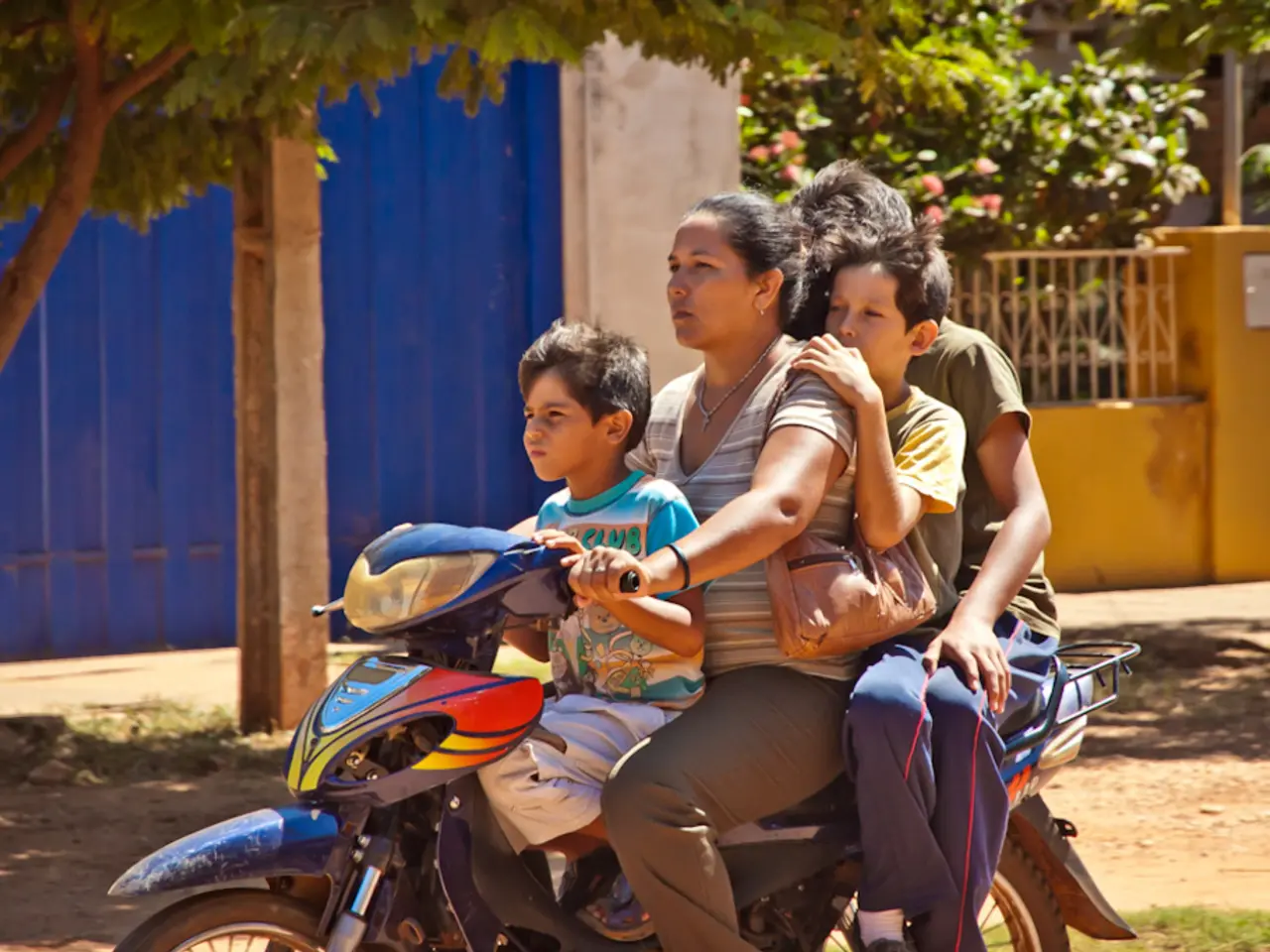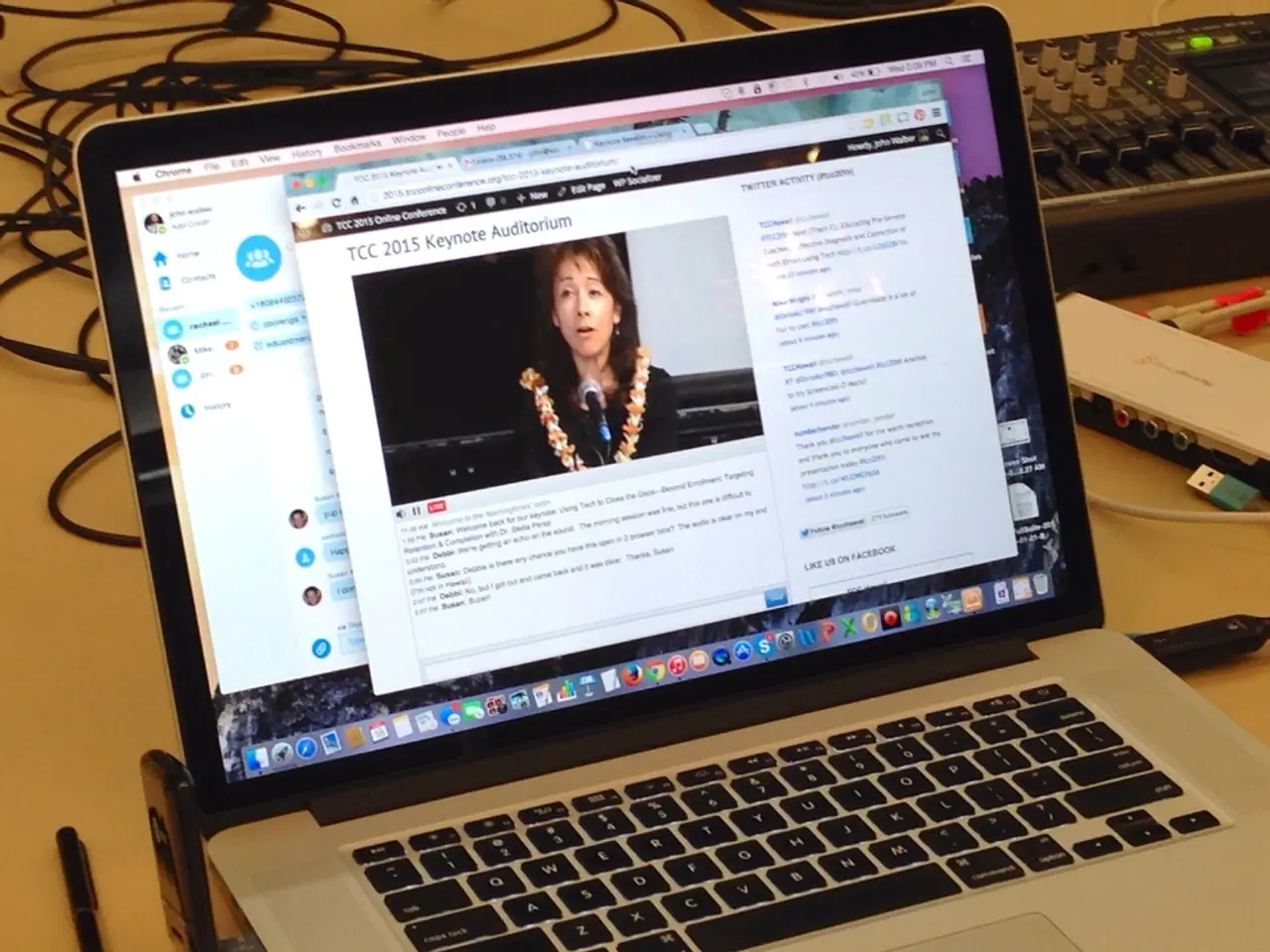Teenagers aged 15 should ideally not have to grapple with concerns related to parenting, but certain health complications unfortunately make this a reality for some.
In the UK and many parts of the world, education about endometriosis, a condition that affects one in 10 women, remains a neglected topic in school curricula. This lack of awareness contributes to delayed diagnoses and inadequate support for those affected by the condition.
Endometriosis is a condition where the womb lining grows elsewhere in the body, often causing excruciating pain and, in some cases, infertility. A 15-year-old individual's experience of such pain during a maths class serves as a stark reminder of the impact this condition can have on daily life.
The story begins when the individual, experiencing severe pain, was initially dismissed by a nurse as having symptoms related to their period. After seeking further help, they were later diagnosed with endometriosis by a GP. However, the diagnosis came after multiple visits to their GP, hospital visits, and trips to A&E, a common pattern for those with symptoms of endometriosis.
Organisations like Endometriosis UK are working tirelessly to raise awareness and improve education about the condition. They are campaigning for greater awareness through the inclusion of menstrual health education within the school curriculum. In the UK, the average age for a girl to start her period is now between nine and 11 years old, making it crucial for comprehensive education to start at a young age.
Endometriosis UK is not just an advocate for awareness, but also for change. They are pushing for reduced diagnosis times, aiming for an average of 'one year or less' by 2030. They also campaign for better support for endometriosis patients, particularly in relation to fertility treatment, such as IVF.
However, efforts to improve fertility preservation and support for endometriosis patients have not always received the necessary support. Many petitions aimed at this goal have fallen short of the required signatures.
In England, NICE guidelines for endometriosis patients regarding IVF and other fertility treatment support are often not applied. This is a concern highlighted by Cox, who argues that the NHS does not allocate enough time and resources to endometriosis. Cox sympathizes with GPs who have to 'know about every single thing which could be presented to them' but believes all healthcare practitioners should be 'aware of the symptoms' and 'know where to signpost'.
Despite these challenges, organisations like Endometriosis UK continue to push for change. They engage in community programs, advocacy, education, and support for individuals affected by endometriosis. They also collaborate with educators, healthcare providers, and policymakers to advocate for better inclusion of menstrual health and endometriosis in school curricula.
While the current state of endometriosis education in schools is limited, organisations like Endometriosis UK are pivotal in pushing for change and improving awareness and support for those affected by the condition. For detailed information on the current curriculum or the exact initiatives by Endometriosis UK, it would be necessary to consult the organisation directly or review educational policies in the UK and other regions.
- Endometriosis UK, in their continuous efforts, leverage community programs, advocacy, education, and support, aiming to collaborate with educators, healthcare providers, and policymakers to expand menstrual health and endometriosis education in school curricula.
- Beyond awareness, Endometriosis UK advocates for humor as a vital tool in their educational initiatives, incorporating lightheartedness into discussions about women's health and endometriosis to reduce stigma and foster a more inclusive environment.
- In order to drive change in the realm of science and health-and-wellness, Endometriosis UK, along with women's health advocates worldwide, calls for the inclusion of up-to-date, comprehensive endometriosis news and research in school health education programs, empowering future generations with accurate information about this pervasive condition.




